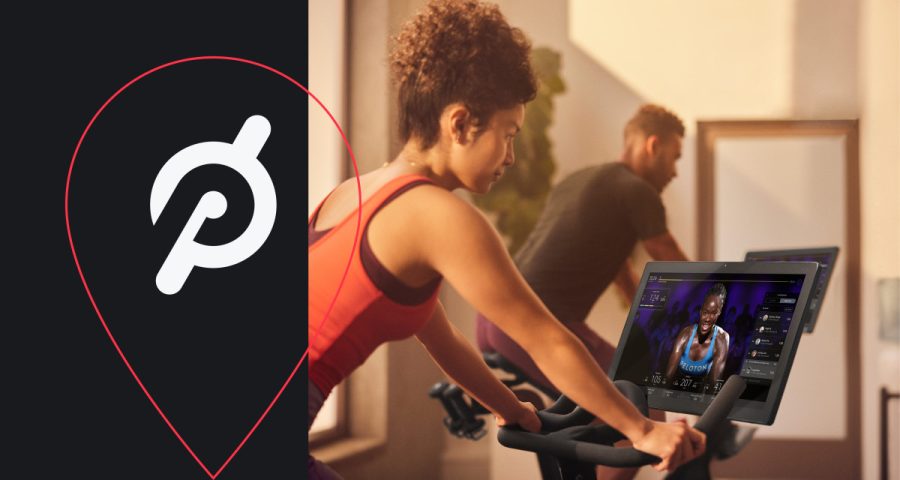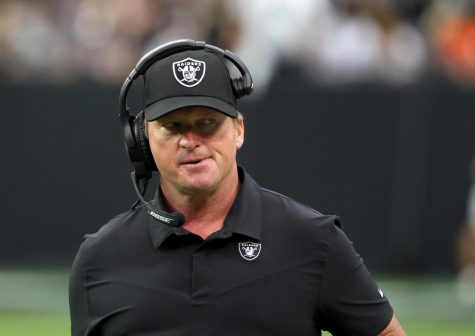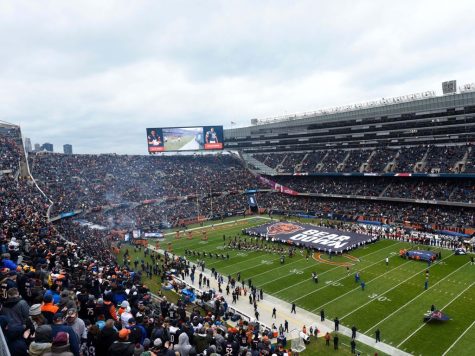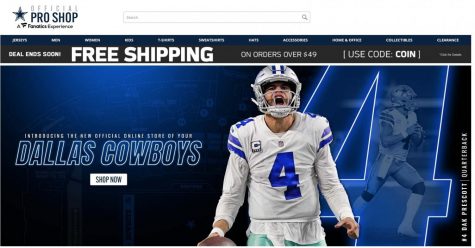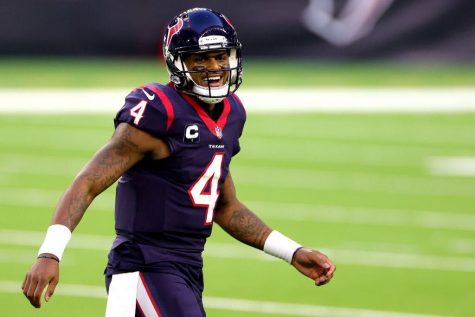BSSF Blog: Could Disney Consider Buying Peloton, Breaking Into Fitness?
As gyms reopen across the country and life slowly returns to normal, could a partnership between two entertainment juggernauts be the perfect anecdote to a quarter of lower-than-expected performance results?
Disney has a new sports business opportunity to add to their portfolio of brands like ESPN. The well-known company has a chance to buy the fitness company Peloton. Peloton’s announced fiscal earnings did not measure up to the expected revenue for the company. This has had quite a ripple effect as the company began lay-offs, hiring freezes, and the CEO lost their billionaire status, as reported by Front Office Sports’ Liam Killingstad. Peloton started in 2012 but gained traction during the COVID-19 pandemic when gyms were not allowed to be open.
Peloton’s product value proposition is based on convenience. It aims to bring boutique fitness classes into your home, allowing people to work with professional trainers from the comfort of their homes at any time. Providing freedom of location and flexibility of time, especially during the pandemic, made Peloton’s product very successful. However, have the reopenings of gyms resulted in a loss of incentive for people to buy Peloton’s products?
As demonstrated by the shock to Peloton’s stock, even after releasing their newest product, “The Guide,” it’s clear people have started venturing back into the real world again. “At the time of writing, Peloton’s stock price had plummeted 43% to within $23.98 of its IPO price from 2019 and a $14.9 billion market cap, down from a peak of $47.6 billion in December 2020,’ said Killingstad.
Disney has also seen their quarter fiscal earnings drop, even with the full reopening of their amusement parks. Their streaming service, Disney+, has witnessed a smaller number of new subscribers than expected in the recent quarter, at just 2.1 million in comparison to the predicted 9.4. A collaboration between Disney and Peloton could be what both companies need.
Disney might be able to use the success of the Peloton streaming service to try and grow their subscription service. If Peloton could gain access to Disney’s network, they might be able to instantly increase demand for their fitness products. They could market the ability to work out at customers’ convenience, as well as acquire new customers by offering a complimentary subscription to the Peloton app for a couple of months. Disney’s already successful marketers would be able to increase the number of consumers of Peloton products and gain access to Peloton’s already-popular streaming service. Peloton can use its pricing power to charge people top dollar for their products. This strategy is helpful for a lifestyle brand like Peloton because people are willing to spend substantial amounts of money to maintain good health and their lifestyle. This type of revenue market is precisely something that Disney could build upon.
One of the essential principles in sports marketing is consumer perception. The customer has to perceive that a particular product has value in order to purchase it. Sports and sports products, although entertaining, are not essential products in everyday life. Enter the importance of marketing. Peloton has had overwhelming success by positioning themselves as a safe haven during the pandemic.
If Disney can break into this market, they might see their subscriptions increase by tenfold with the purchase of Peloton.
“During the company’s earnings call, CEO Bob Chapek said, ‘We remain focused on managing our DTC business for the long-term, not quarter to quarter,” referenced Killingstad. With long-term growth in mind, slowing subscriber growth, and declining ARPU, Disney could use an injection of life.”



































































































































































































